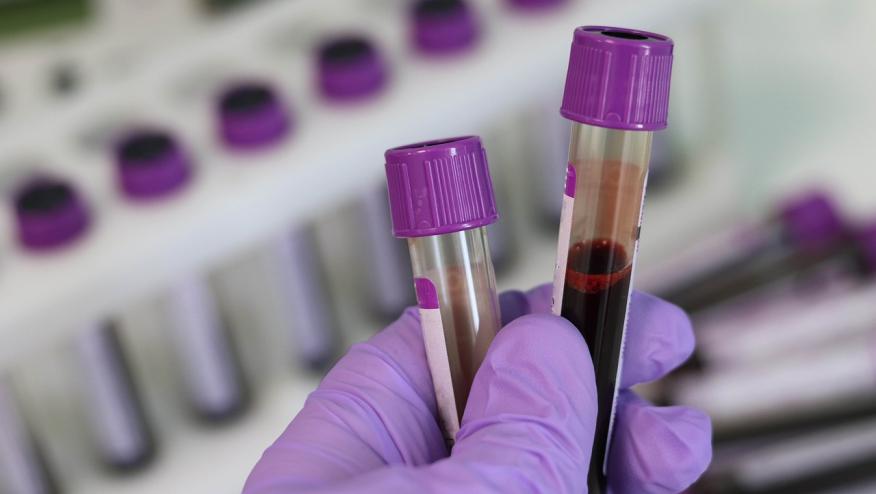Normalizing Serologies Enhances Remission in SLE Save

Analysis of five phase III belimumab (BEL) trials reveals that normalizing serologies affords protection against severe and renal SLE flares, supporting the concept of treat-to-target to minimize risk in SLE.
Several measures of SLE outcomes (DORIS, Lupus Low Disease Activity State (LLDAS) include serological markers. This study examined the impact of achieving normal serum anti-dsDNA and complement levels on outcomes.
Data from 5 BEL trials (BLISS-52, BLISS-76, BLISS-SC, BLISS-NEA, EMBRACE), with 45 254 visits, assessed serologies and outcomes, including organ damage.
Normalization of serology occurred in 544/1871 (29.1%) DORIS and 1879/4760 (39.5%) LLDAS visits.
- DORIS Remission with anti-dsDNA(-) or normal/high C3/C4 demonstrated stronger protection against severe flares (ORs 0.042; 95% CI 0.005–0.331 and OR 0.216; 95% CI 0.094–0.494, respectively)
- LLDAS with normal serology also showed greater risk-reduction in severe flares
- DORIS with serological activity had ∼6-fold higher risk of renal falres compared with combined clinical/serological remission (OR 5.94; 95% CI 1.26–28.04).
- Organ Damage was lowest in patients with sustained DORIS remission and and ≥1 visit showing anti-dsDNA(-) (0.8%) or normal C3/C4 (1.8%).
Serologic normalization enhances the protection afforded by achieving DORIS and LLDAS states.










If you are a health practitioner, you may Login/Register to comment.
Due to the nature of these comment forums, only health practitioners are allowed to comment at this time.